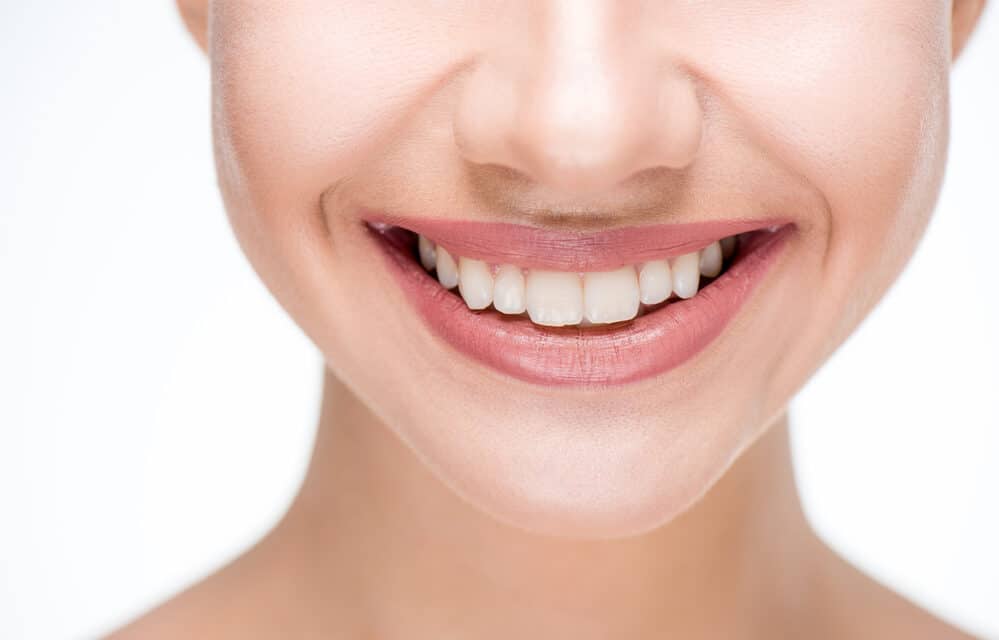Understanding the intricacies of dental cleaning time is a crucial aspect of maintaining optimal oral health. From the duration of routine cleanings to factors influencing the length of these sessions, there is a methodical approach that governs this process.
However, it is not merely a matter of clocking in and out; there are nuances and guidelines that both dental professionals and patients need to comprehend to ensure the effectiveness of each cleaning. By shedding light on the significance of timing in dental care, a deeper understanding of this fundamental aspect of oral hygiene emerges, leading to improved outcomes for all involved.
Importance of Dental Cleaning Time
Understanding the importance of proper dental cleaning time is paramount in maintaining optimal oral health and preventing potential complications. Dental professionals emphasize the significance of regular cleanings to remove plaque buildup, which, if left unchecked, can lead to tartar buildup and eventually result in more severe oral health issues such as periodontal disease.
Professional cleanings not only address surface-level concerns but also allow for deep cleaning to remove bacteria and debris that regular brushing and flossing may miss. By attending scheduled dental appointments and adhering to recommended cleaning frequencies, individuals can proactively safeguard their oral health and mitigate the risk of encountering complex dental problems in the future.
Factors Affecting Cleaning Duration
Proper assessment of various factors is essential in determining the optimal duration required for effective dental cleaning. Factors such as the presence of dental plaque, built-up plaque, signs of gum disease, and the type of cleaning needed, like deep teeth cleaning or periodontal maintenance cleanings, all play a crucial role in deciding the cleaning duration.
Additionally, individual dental concerns and the recommended dental treatment plan can impact the time needed for a thorough cleaning. The choice of tools, including the use of an ultrasonic scaler, can also affect cleaning time. Understanding these factors is vital not only for achieving optimal oral health outcomes but also for managing cleaning costs efficiently.
Ideal Length for Routine Cleanings
For routine cleanings, the optimal length typically ranges from 30 to 45 minutes, depending on the individual’s oral health status and specific cleaning needs. During a dental cleaning appointment, the dental hygienist will conduct a thorough cleaning process, removing plaque, tartar, and stains from the teeth.
Regular teeth cleanings are essential components of maintaining good dental health and preventing dental procedures in the future. These routine cleanings not only improve dental health but also contribute to overall well-being.
Professional teeth cleanings are usually accompanied by dental exams to assess dental health and identify any issues early on. It is crucial for individuals to adhere to regular dental checkups and oral hygiene practices to ensure optimal dental health.
Extended Cleaning Sessions Explained
Exploring the intricacies of extended dental cleaning sessions provides insight into the comprehensive care and attention required for advanced oral health maintenance.
Unlike regular teeth cleaning appointments, extended cleaning sessions, also known as deep cleaning appointments, involve a deeper degree of cleaning beyond the standard dental cleaning process. These specialised cleanings are essential for individuals with specific oral health concerns or those who may have neglected their dental hygiene routine.
During a professional teeth cleaning appointment, the dental hygienist focuses on removing tartar buildup, addressing gum disease, and thoroughly cleaning hard-to-reach areas. By opting for extended cleaning sessions, patients can enhance the effectiveness of their dental cleaning visits and maintain optimal oral health.
Enhancing Efficiency During Cleanings
To optimize the efficacy of dental cleaning appointments, it is essential to implement strategies that streamline the cleaning process and improve overall efficiency. Dental cleaning takes an average time of around 45 to 60 minutes for routine teeth cleanings.
To enhance efficiency, utilizing special tools for specialized cleaning can help reduce cleaning times. These tools aid in thorough plaque and tartar removal, ensuring a more effective cleaning session. By incorporating specialized instruments, dental hygienists can minimize the need for additional time spent on manual cleaning procedures.
This not only benefits the patient by reducing the duration of the cleaning but also allows for more efficient use of regular appointments. In conclusion, enhancing efficiency during cleanings leads to better outcomes for both patients and dental professionals.
Time Management Tips for Patients
Implementing effective time management strategies can greatly benefit patients during their dental cleaning appointments. To optimize your time at the dentist, start by scheduling your appointment during a time that aligns with your daily routine.
Arriving a few minutes early can help you settle in and complete any necessary paperwork promptly. Before your appointment, make a list of any concerns or questions you have about your oral health to discuss with the dentist efficiently.
Additionally, ensure you have brushed and flossed thoroughly before the appointment to make the cleaning process more effective. Being prepared and organized can help streamline your dental procedures, enhance efficiency, and contribute to better overall oral health and dental hygiene.
Key Takeaways
Understanding the importance of dental cleaning time is crucial for maintaining oral health. Factors such as individual oral hygiene habits and the presence of dental issues can affect the duration of cleanings. It is recommended to adhere to the ideal length for routine cleanings to ensure thorough oral care.
Extended cleaning sessions may be necessary in certain cases, but efficiency can be enhanced through proper time management. Patients can benefit from implementing time management tips to make the most of their dental cleanings.
In conclusion, the time spent on dental cleanings plays a vital role in maintaining optimal oral health. By understanding the factors influencing the duration of cleanings and practising efficient time management, patients can ensure comprehensive care for their teeth and gums. For professional dental cleaning services and personalized oral health guidance, visit Wahroonga Dental Clinic in Wahroonga, NSW. Prioritize your oral health by scheduling regular cleanings and consultations at Wahroonga Dental Clinic to achieve a healthy and confident smile.


